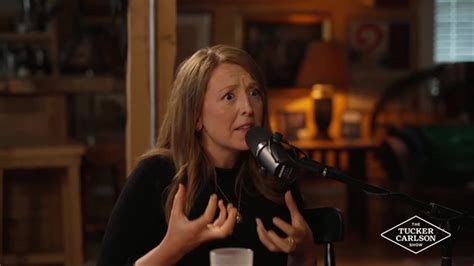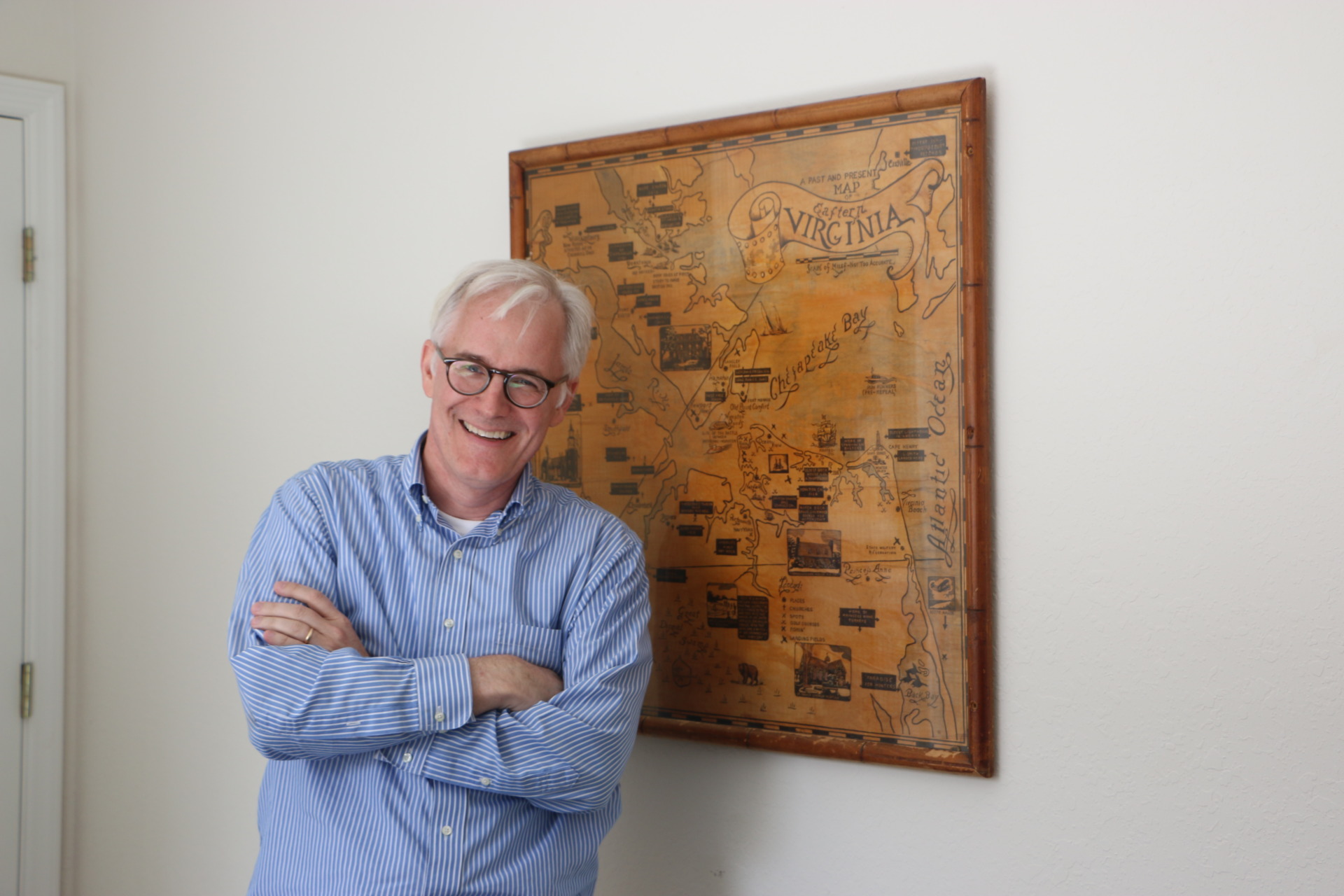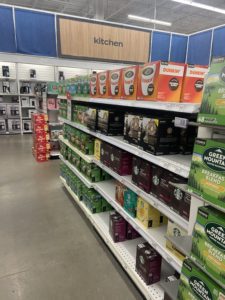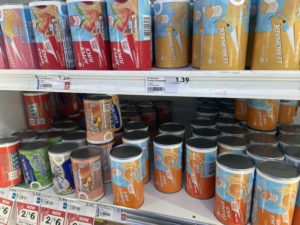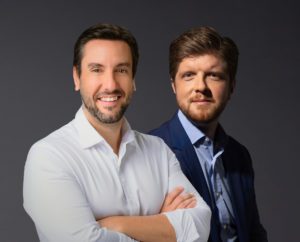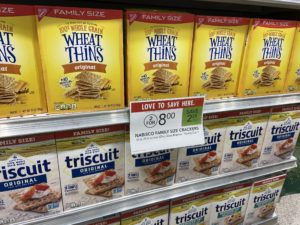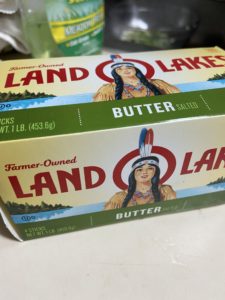For the first time during a presidential race, consumer food safety is a top issue. This came about in an unlikely way, when Robert F. Kennedy Jr. dropped out of the race.
A central actor in this food realignment is Dr. Casey Means, a physician and writer whose best-selling book, Good Energy, describes how our diets have made depression, anxiety, infertility, insomnia, heart disease, erectile dysfunction, type 2 diabetes, dementia, and cancer part of most Americans’ lives. All of that she blames on our food. She has been advising RFK on policy.
Kennedy and Means’ concern is about a corrupt food system, and American health. It is parallel and part of Kennedy’s long-term activism over the safety of vaccines. RFK’s departure came after Dr. Means, and her brothe had just appeared on a Tucker Carlson interview. Quickly, Donald Trump offered to take up this cause, if it would bring RFK along.
Whatever your opinion of Trump or RFK, the concerns shared in the long-form video affect the American diet, as Carlson is now among the top podcasters on Spotify, and his videos have tens of millions of views from younger consumers. The YouTube version (see at bottom) has two million views, for instance. Most of Carlson’s discussions are about politics, but now his fans are concerned with food, too.
Kennedy, a Baby Boomer, is deeply unpopular with other Boomers. Boomers still run most American corporations, and so he may be discounted. The Millennial and Gen X staff who work under those executives also have political views that may shield them from understanding what is going on, or listening. But executives at consumer foods should pay attention; Kennedy’s success with his lawsuits on the environment over the last three decades is a real track record. A recent $290 million suit against Monsanto and Roundup, just one of dozens. He may be coming for you, either in a lawsuit, or allied with the FDA, in an upcoming Trump administration.
Means’ central thesis, and truth, is that our national food companies are poisoning us, just as the tobacco companies conspired to tell us cigarettes were safe. This wave of poison food, according to Means, started when the RJ Reynolds tobacco company purchased Nabisco in the 1980s. They then adopted tobacco company business practices. (Today, Nabisco, once a wholesome cookie and cracker company, now is part of Mondelez. Most of the traditional Nabisco products are reformulated, even as the brands are the same.)
This thesis is not new; but this time it comes with a Stanford-educated physician who is sorting out the facts across disciplines, and medical fields. She shares this information in a sympathetic media-landscape, where long form explainer videos can be coupled with informative clips from across social media. That universe of medical expertise includes other popular podcasters, including Dr. Andrew Huberman, and dozens of others like Dr. Paul Saladino. In addition, each of the podcasters and interviewees has his own universe of promoted products.
Whatever one’s opinion is about the conversation, it is out there. Brands need to respond. But how to start? First, this is a slightly different conversation about healthy foods. Most execs understand that organic is mainstream now.
The current food conversation begins with the discrediting of the FDA Food Pyramid. The central point of this discussion is not that companies just want to feed us sugar and tasty things. The discussion now is that food companies, through junk studies and a corrupt FDA, are intentionally hooking us on these foods, and are in league with medicine and big pharma, which likes illness that these fake foods produce. Thesis? FDA lied to you about COVID. And they lied to you about the Food Pyramid. And they are not to be trusted. Suddenly, we are back to 1906, with the Pure Food and Drug Act.
Obama Effort at Food
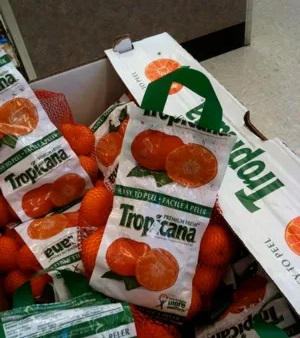
Brands have adapted to health concerns over previous administrations, beginning in the 1970s. During the Obama administration, First Lady Michelle Obama tried to encourage change in children’s eating habits. She had staff plant a garden, and food executives trotted out low-fat options for children. Pepsi, while it was owner of Tropicana, even tried to put tangerines in Walgreen’s. Those efforts failed, and Pepsi instead continued to put out its steady “diet” of sodas and snacks like Doritos, with yet different chemical additives. Pepsi ended up selling Tropicana in 2021.
The effort was not just reformulating the unhealthy offerings of Pepsi, but punishing some of the brands that had healthy ingredients. In 2010, BrandlandUSA reported that the FDA went after Pompeian and Beech Nut for health claims on their organic products. Also in 2010, trusted pharma brands like Tylenol had a series of quality problems, and the FDA was not aggressive.
Means calls for everyone to look at the labels of food closely, and avoid processed food entirely. This is not a new idea at all. Oprah Winfrey, even before the Obama Administration, encouraged viewers to buy around the edges of the grocery store, instead of the center aisles. This effort goes one step further. Instead, Means says that, “Every atom, every single molecule in your in. your entire body is 100 percent built from food. You are food.”
In her videos, she shows a number of brands, and often at places like Costco and Whole Foods, with their 365 house brand. Newer national brands mentioned include Primal Kitchen sauces, Organic Girl salads and Applegate Organics. These are all found at major supermarkets. Another solution that Means offers is to buy food brands that have origin labels in the UK and EU, as a safety precaution.
Changing America’s food brands away from fake ingredients and preservatives will be a challenge, and major brands may not be able to break their addition to the current process.
America’s largest brands are so big, and own so much shelf space, that they may well feel resistant to change. One way to make steps is to ensure that at least one of your products can stand alone at a store like Whole Foods or Sprouts. There are plenty of major brands that can do this; below, Pompeian red wine vinegar, Alessi balsamic reduction and Brianna’s Organic salad dressing, all on the shelves of the Port Charlotte, Fla. Sprouts. Each of these brands are well known at all Kroger, Publix, Safeway or Walmarts, but are also appropriate in a health food environment.
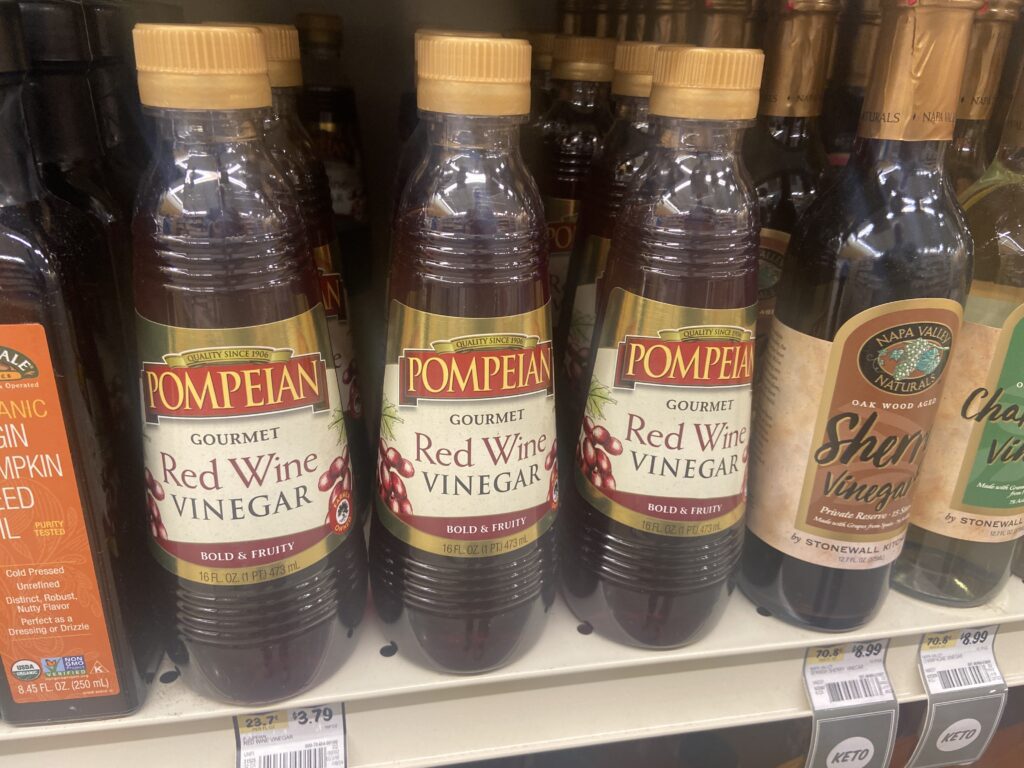
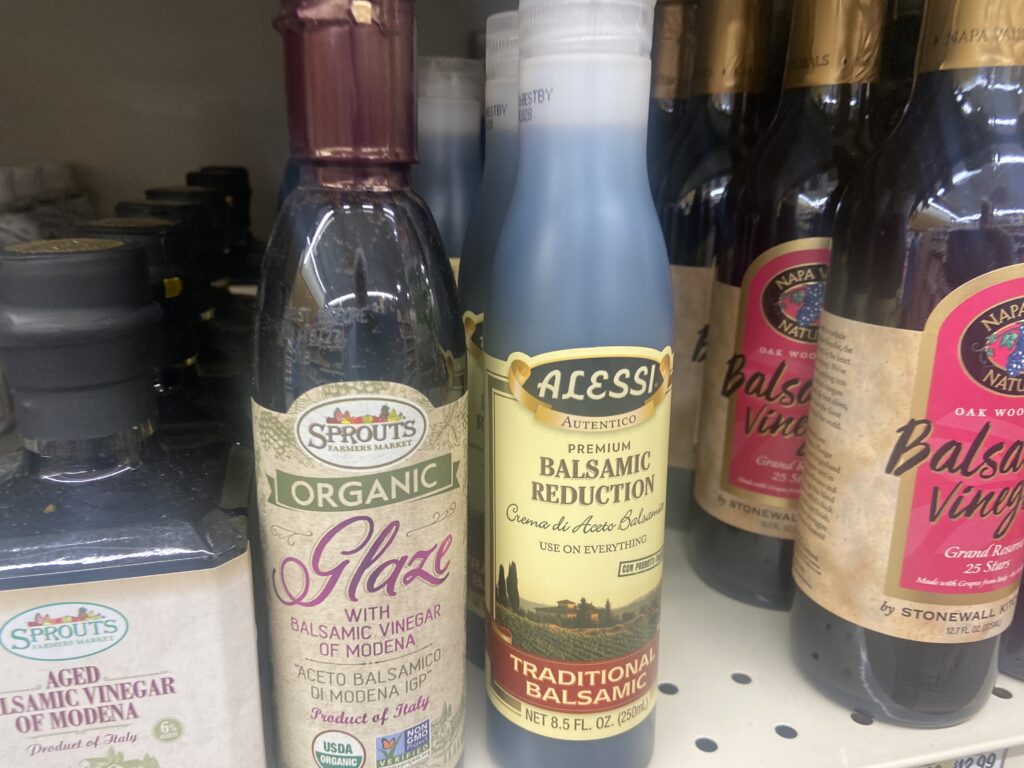
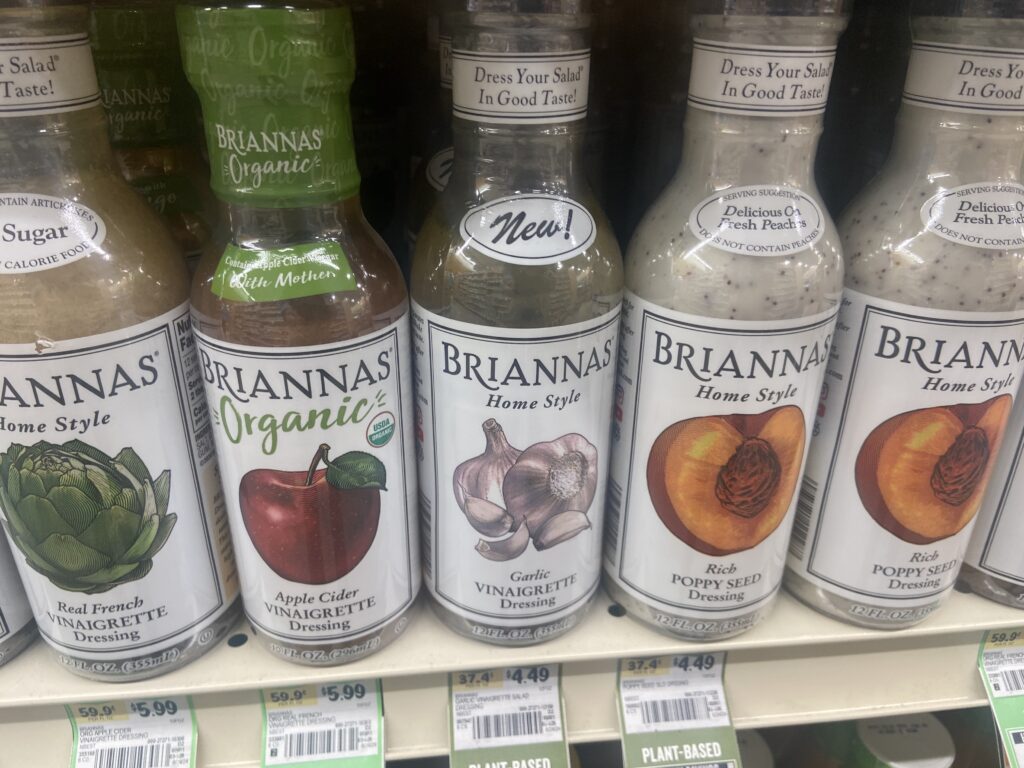
A Brand Timeline Cleanse
This is a different philosophy than the Colgate-Palmolive purchase of Tom’s of Maine toothpaste, which is in every health food store, and was born in health food stores. Ditto with Burt’s Bees, now owned by Clorox. Think of these brands as a sort of “timeline cleanse” for giant multinational companies. They bought these companies to better understand the health food market.
McDonald’s did this sort of brand timeline cleanse with its creation of Chipotle. However, it ended off spinning it into a separate company, and today, the meats in McDonald’s are ridiculed on shows like The Roseanne Barr Podcast, where this week she made jokes about the DNA in hamburgers, along with comedian satirist Alex Stein. So brazen is the food industry today that they have launched brands like a Soylent drink, which was sold at Publix in 2022.
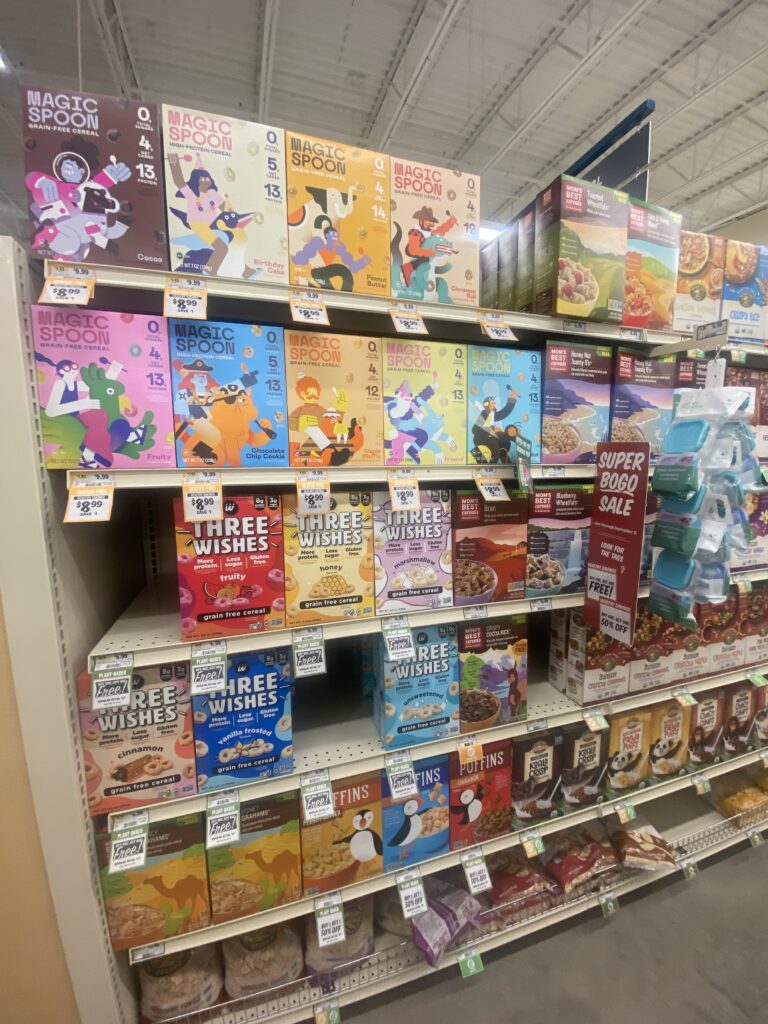
Some brands are headed entirely in the wrong direction. One such brand is Kellogg’s, which originally was a health food, and connected to the Kellogg’s Sanatorium. Kellogg’s is nowhere to be found at Sprouts (see above). Cereal brands there include the newer Magic Spoon (popular with Millennials) and Three Wishes, which was founded in 2019.
Some legacy brands that make the “safe” grade include:
- Bon Ami, which has had a consistently safe product over generations, redesigned their packaging to be more nostalgic, yet up to date. It is sold at Sprouts.
- In the UK in 2021, Ajax recast its brand to launch plant-based wipes.
- Post has simplified its classic health food Grape Nuts to make it stand out among Kellogg’s more concocted offerings. Even the packaging is nostalgic, yet modern.
Below, the video.

